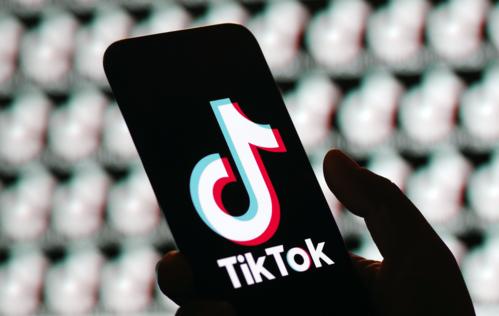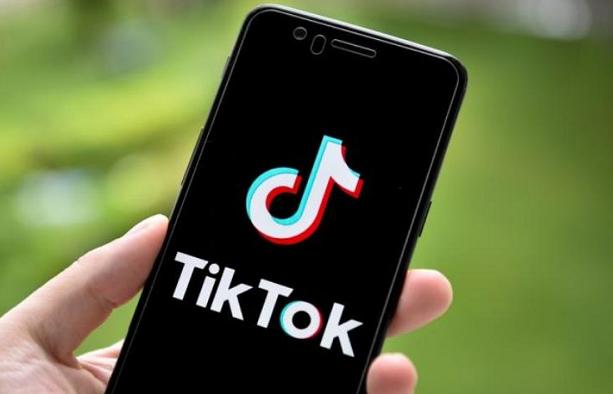TikTok faces sharp criticism over its economic effects. Many people now question the popular video app’s real cost to society. Users spend hours daily watching short videos. Experts worry this habit pulls money and time away from traditional businesses.
(TikTok Under Fire for Economic Impact)
TikTok grew incredibly fast globally. Millions joined, especially young people. The app offers endless entertainment. This keeps users engaged for long periods. Critics argue this time could be better spent elsewhere. They see lost productivity. They see money spent on virtual gifts and in-app purchases instead of local shops.
Small business owners express particular concern. They report fewer young customers visiting physical stores. People seem content watching videos rather than shopping locally. Restaurants see this trend too. Some cafes note quieter times despite good weather. They link it directly to app popularity.
The debate centers on value. TikTok provides free fun. It creates some income for popular creators. But the wider economy might suffer. Local shops need foot traffic. Real interactions support community health. Critics feel the app disrupts this balance. They demand action.
TikTok representatives defend the platform. They highlight jobs created through content creation. They mention advertising revenue for some businesses. They stress user choice. People choose how to spend time and money. The company sees itself as offering opportunity.
(TikTok Under Fire for Economic Impact)
No easy solutions exist yet. Lawmakers discuss possible regulations. Some talk about usage limits. Others push for studies on the app’s full economic impact. TikTok continues operating normally. User numbers stay high. The argument about its true cost continues unresolved.


